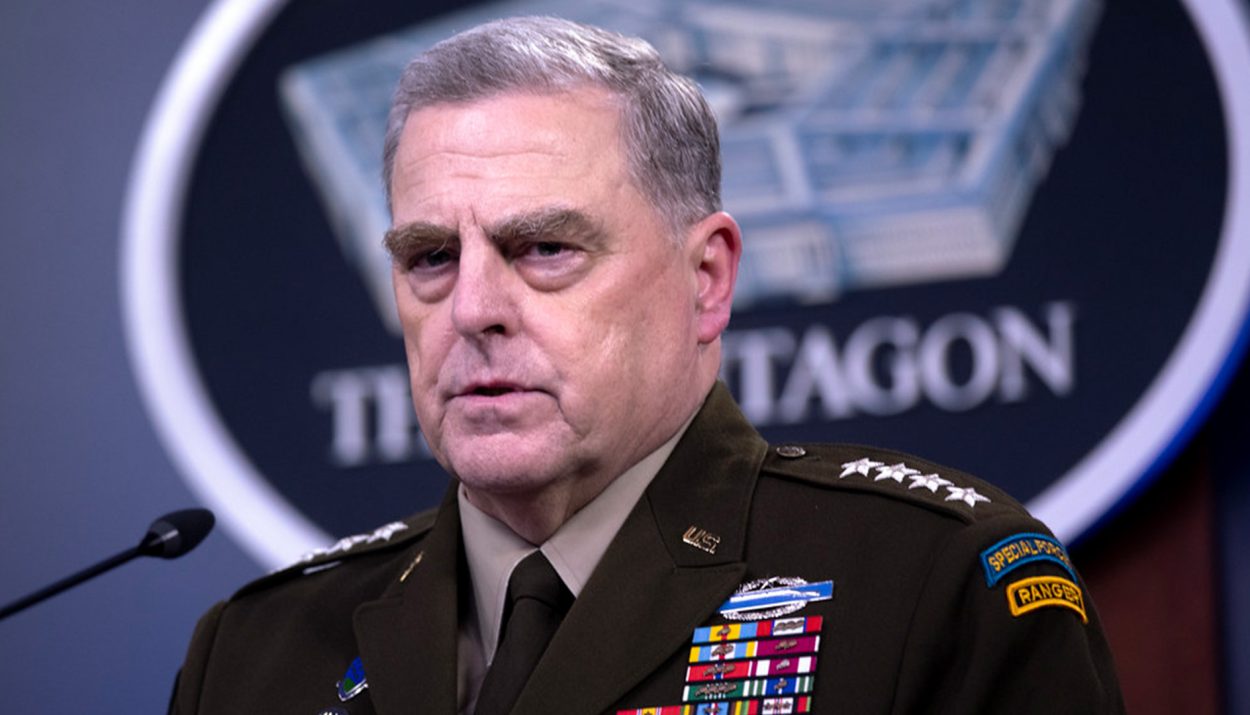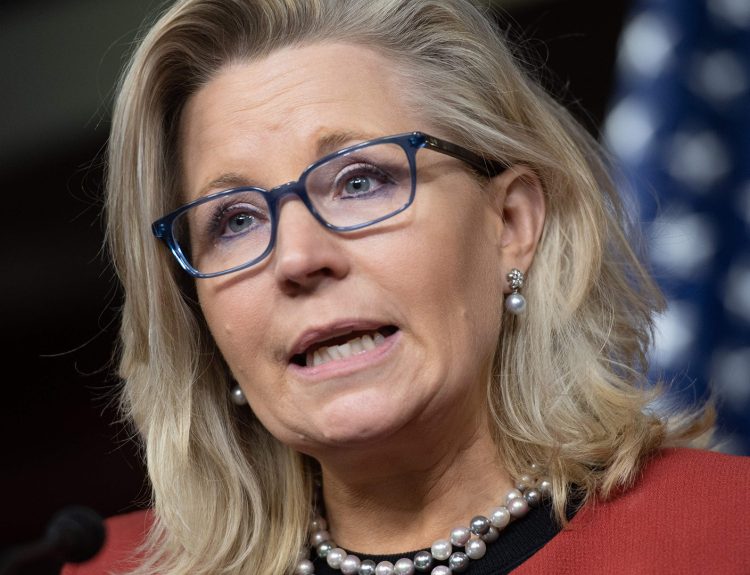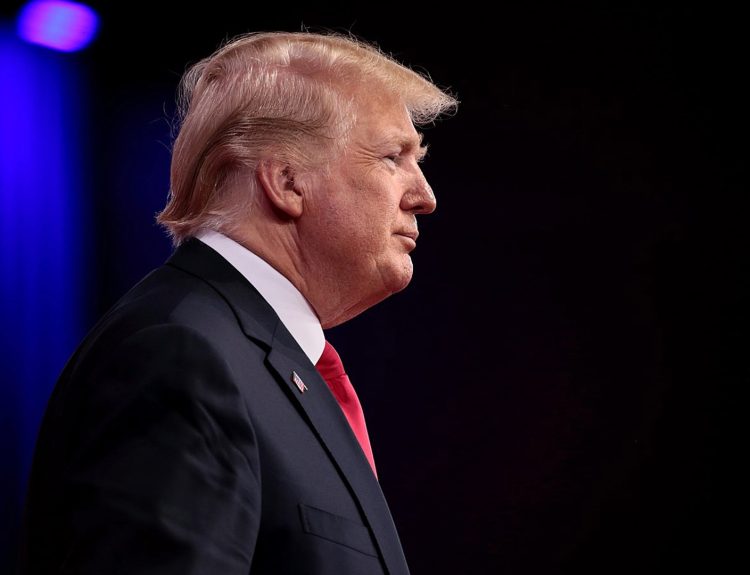In a recent House Foreign Affairs hearing, retired Gen. Mark Milley, former chair of the Joint Chiefs of Staff, addressed former President Trump’s inflammatory comments suggesting Milley should be executed for treason. Rather than engaging in a war of words, Milley emphasized the importance of freedom of speech and shifted the focus to honoring the families of the fallen soldiers from the Abbey Gate attack in Afghanistan.
Milley Responds to Trump’s Execution Comments with Restraint
During the hearing, Rep. Gerry Connolly (D-Va.) questioned Milley about Trump’s social media post from September 2023, which accused Milley of treason and called for his execution. The retired general calmly responded, stating that while he disagreed with the comments, he acknowledged that in a free country, people have the right to express their opinions.
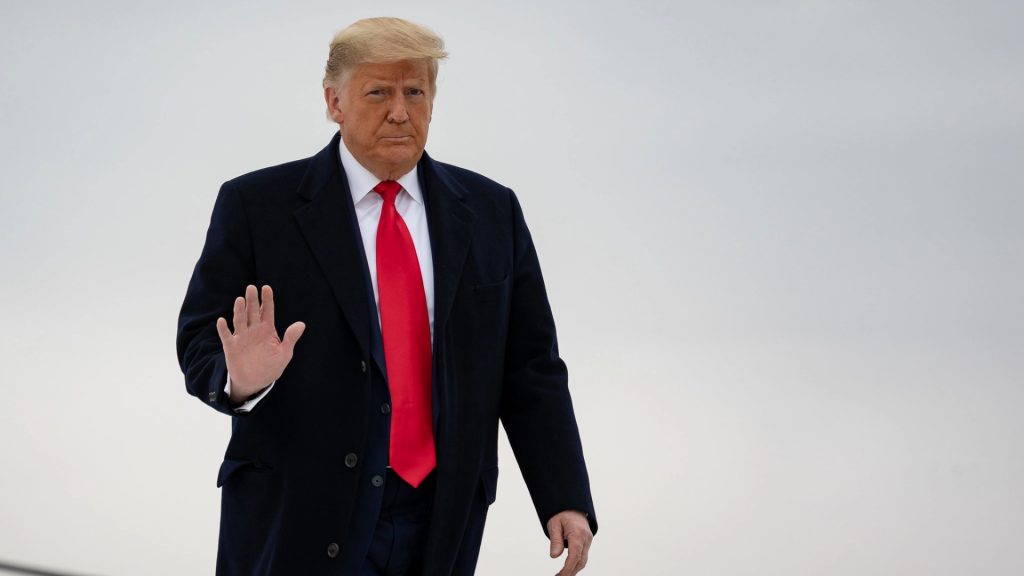
Milley emphasized his desire to keep the focus on the families of the 13 U.S. soldiers who lost their lives during the withdrawal from Afghanistan, particularly those from the Abbey Gate attack. He made it clear that his priority was to honor their sacrifice and support their loved ones.
Trump’s Threats Raise Concerns Over Potential Abuse of Power
The former president’s comments in September 2023 sparked fears that, if re-elected, Trump might use his position to seek revenge against those he perceived as political enemies. The idea of a sitting president threatening a military leader with execution for treason raised alarms about the potential abuse of power and the erosion of democratic norms.

Milley’s measured response to Trump’s threats demonstrated his commitment to upholding the Constitution and maintaining the military’s apolitical stance. By refusing to engage in a public feud with the former president, Milley showcased his professionalism and dedication to serving the nation rather than individual political interests.
Milley’s Retirement Speech: A Powerful Message on Military Oath
Days after Trump’s threat, Milley delivered a poignant retirement speech that addressed the core values of the U.S. military. He emphasized that, unlike other militaries around the world, American servicemen and women do not swear allegiance to a specific country, tribe, religion, or individual leader.
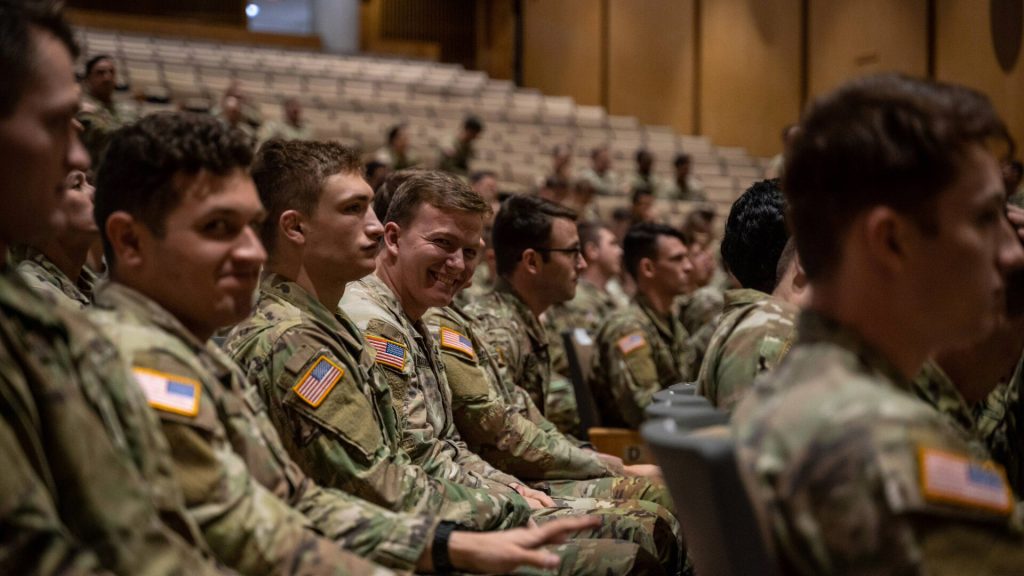
Instead, Milley stressed that the U.S. military takes an oath to defend the Constitution and the ideals that America represents. He boldly stated that they do not pledge loyalty to a “wannabe dictator,” a thinly veiled reference to Trump’s actions and rhetoric during his presidency.
Milley’s Clashes with Trump: Navigating Civil-Military Relations
Throughout his tenure as chair of the Joint Chiefs of Staff, Milley, a Trump appointee, often found himself at odds with the former president over the appropriate use of military force and responses to domestic unrest. One notable incident occurred in June 2020 during protests sparked by the murder of George Floyd.
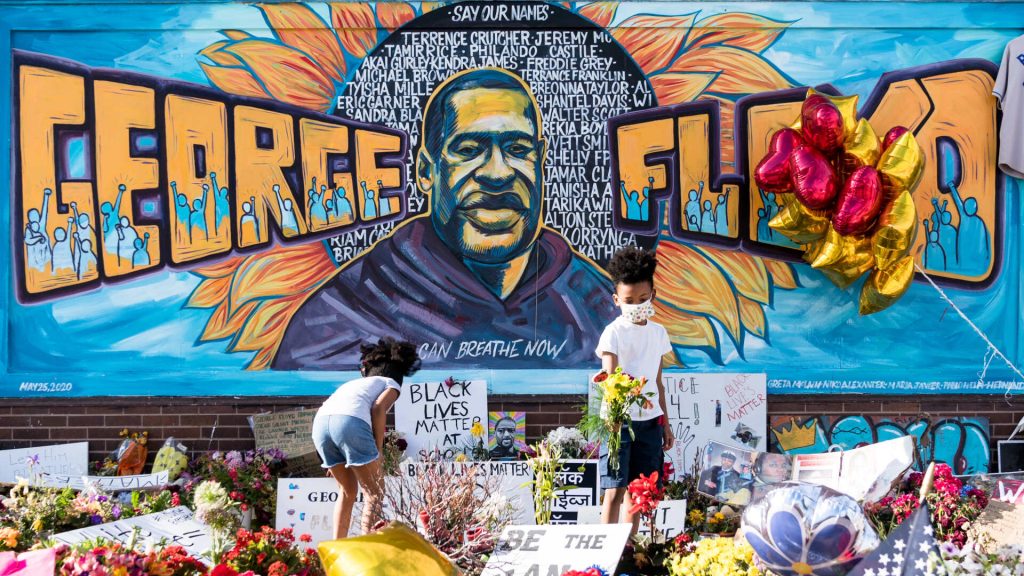
Milley accompanied Trump to St. John’s Church in Washington, D.C., dressed in his combat fatigues, which created the perception of the military’s involvement in domestic politics. The general later apologized for his presence, recognizing the importance of maintaining the military’s apolitical stance.
Milley’s Commitment to the Constitution and Fallen Soldiers
Milley’s response to Trump’s execution comments and his retirement speech underscores his unwavering dedication to the Constitution and the principles that define the United States. By choosing to focus on honoring the families of the fallen soldiers, particularly those from the Abbey Gate attack, Milley demonstrated his priorities as a military leader.
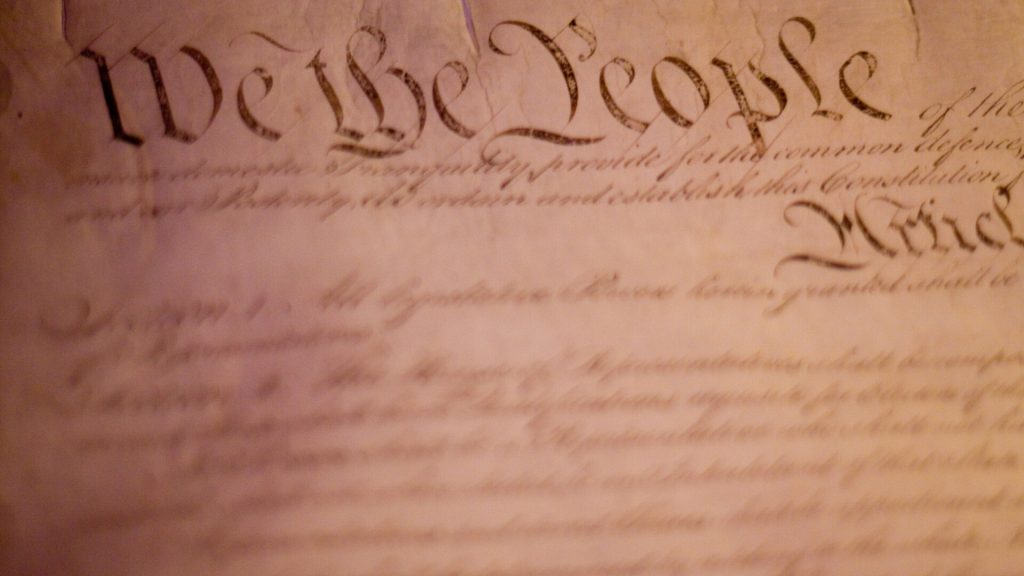
The retired general’s refusal to engage in a public battle with the former president, despite the severity of the accusations, highlights his commitment to maintaining the dignity and integrity of his position. Milley’s actions serve as a reminder of the importance of upholding democratic values and the role of the military in protecting the nation, not serving the interests of individual politicians.
The Importance of Defending Freedom of Speech
While Milley made it clear that he disagreed with Trump’s comments and found them offensive, he acknowledged the former president’s right to express his opinions. This stance underscores the significance of the First Amendment and the importance of protecting freedom of speech, even when the views expressed are controversial or disagreeable.
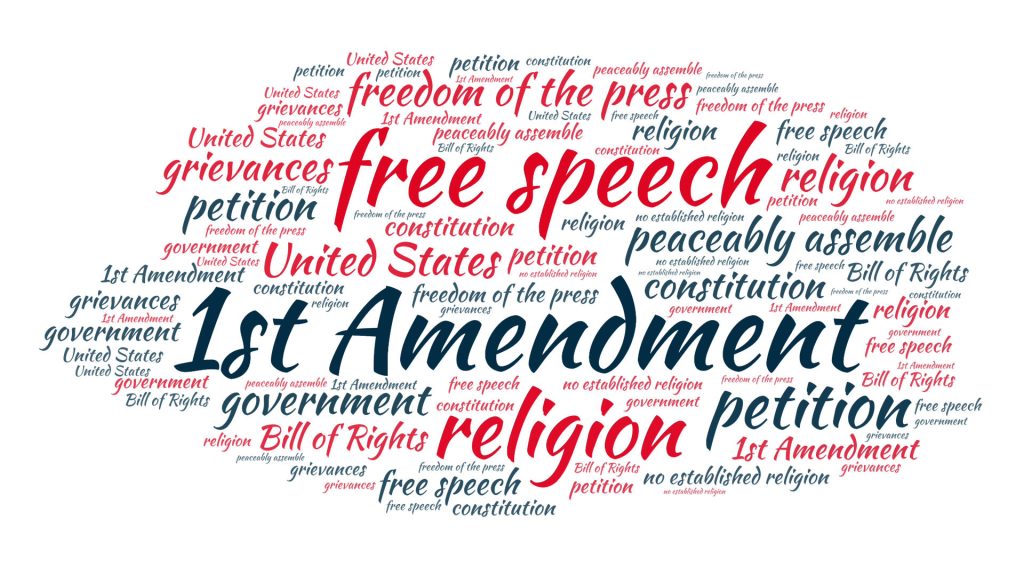
Milley’s measured response demonstrates the need for public figures to engage in civil discourse and to defend the principles of democracy, even in the face of personal attacks. By focusing on the larger issues at hand and the families of the fallen soldiers, Milley set an example of leadership and professionalism.
The Role of the Military in a Democracy
The clash between Milley and Trump highlights the delicate balance between civilian control of the military and the military’s obligation to remain apolitical. In a democracy, the military is subordinate to civilian leadership, but it must also maintain its independence from partisan politics.
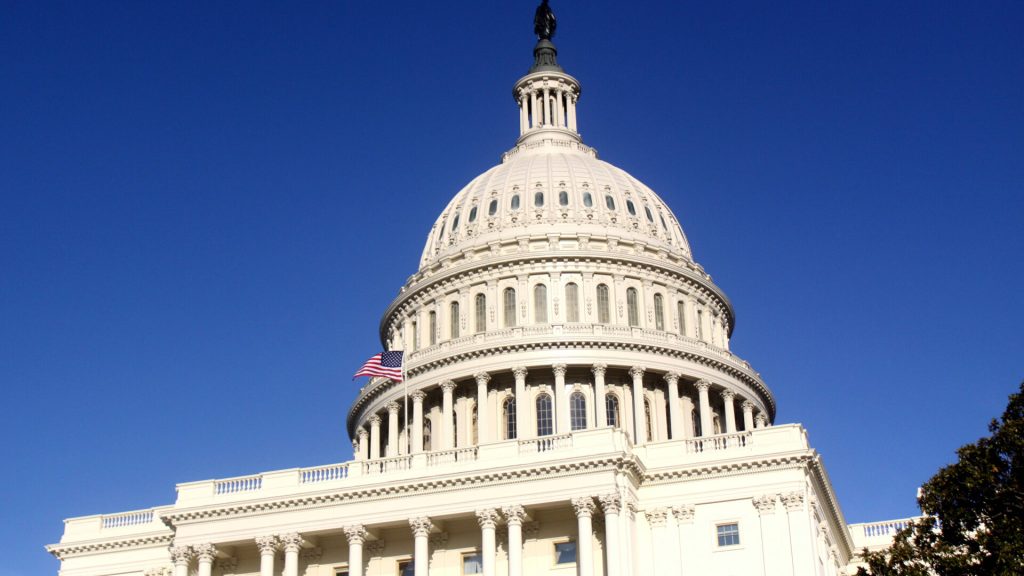
Milley’s actions throughout his tenure, including his response to Trump’s execution comments and his retirement speech, demonstrate his commitment to upholding the proper role of the military in a democratic society. By emphasizing the oath to defend the Constitution rather than individual leaders, Milley reaffirmed the military’s allegiance to the nation and its founding principles.
The Legacy of General Mark Milley
As Milley concludes his distinguished military career, his legacy will be defined by his steadfast dedication to the Constitution, his leadership during challenging times, and his unwavering support for the men and women in uniform. His response to Trump’s execution comments and his powerful retirement speech will be remembered as defining moments in his tenure as chair of the Joint Chiefs of Staff.
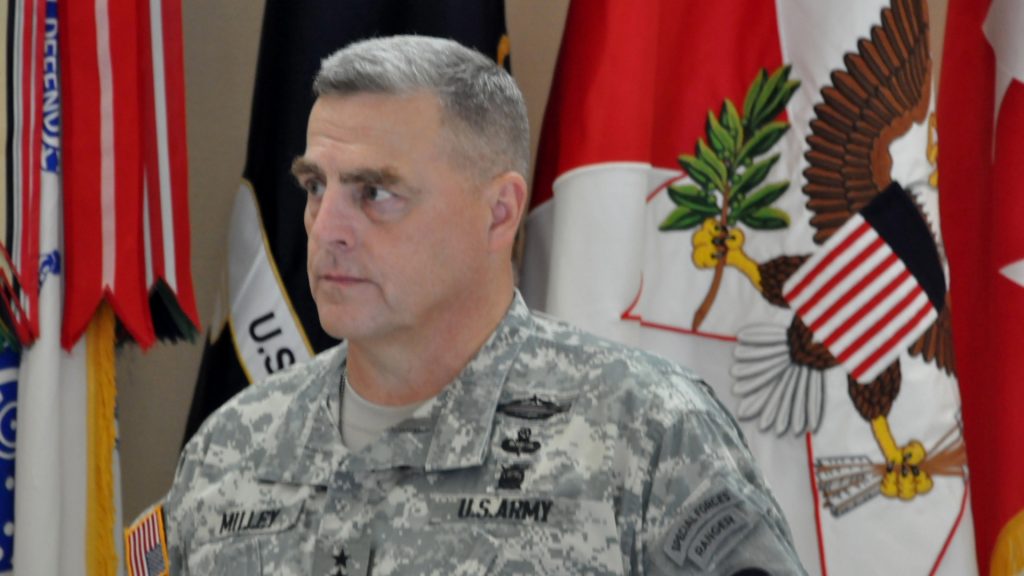
Milley’s ability to navigate complex civil-military relations and maintain the military’s apolitical stance in the face of political pressure serves as an example for future military leaders. His commitment to honoring the sacrifices of fallen soldiers and supporting their families underscores the true nature of military service and leadership.
The Need for Unity and Respect in American Politics
The exchange between Milley and Trump serves as a reminder of the deep divisions that have characterized American politics in recent years. The threat of execution against a military leader by a former president highlights the need for greater unity, respect, and civility in public discourse.

Milley’s measured response and focus on honoring the fallen soldiers demonstrate the importance of rising above partisan differences and working together to address the challenges facing the nation. By emphasizing the values that unite Americans, rather than the issues that divide them, leaders can foster a more constructive and productive political environment.
Lessons for Future Leaders in Civil-Military Relations
The experiences of General Mark Milley during his tenure as chair of the Joint Chiefs of Staff offer valuable lessons for future military and civilian leaders navigating the complex landscape of civil-military relations. Milley’s ability to maintain his professionalism and commitment to the Constitution in the face of political pressure serves as a model for others to follow.
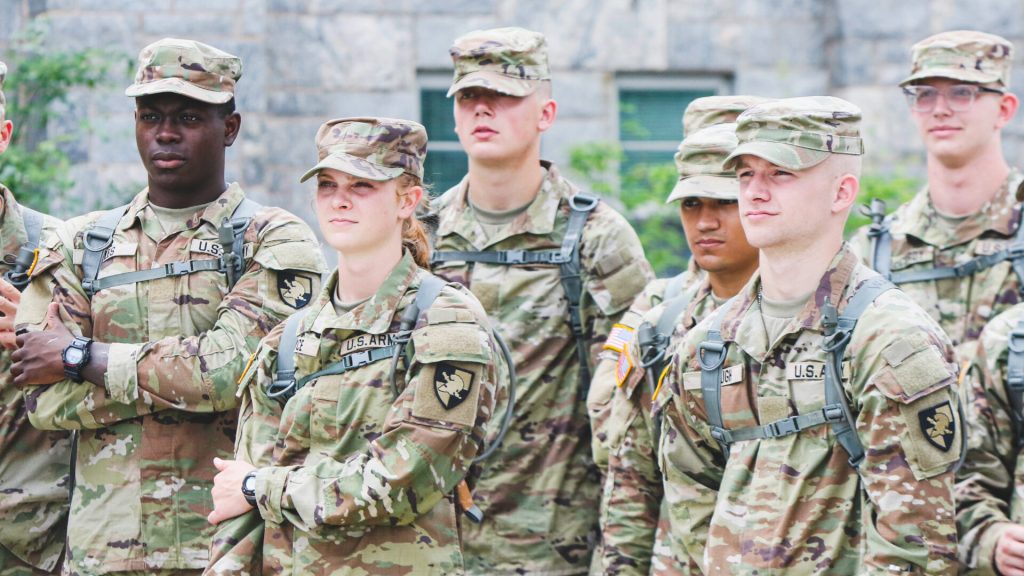
Future leaders must be prepared to uphold the proper role of the military in a democracy, even when faced with challenges from elected officials. By prioritizing the needs of the nation and the well-being of service members and their families, leaders can maintain the trust and confidence of the American people.
The Importance of Honoring the Sacrifices of Service Members
Throughout his response to Trump’s comments and his retirement speech, Milley consistently emphasized the importance of honoring the sacrifices of the men and women in uniform, particularly those who lost their lives in service to the nation. This focus underscores the true meaning of military service and the debt that the country owes to its veterans and their families.
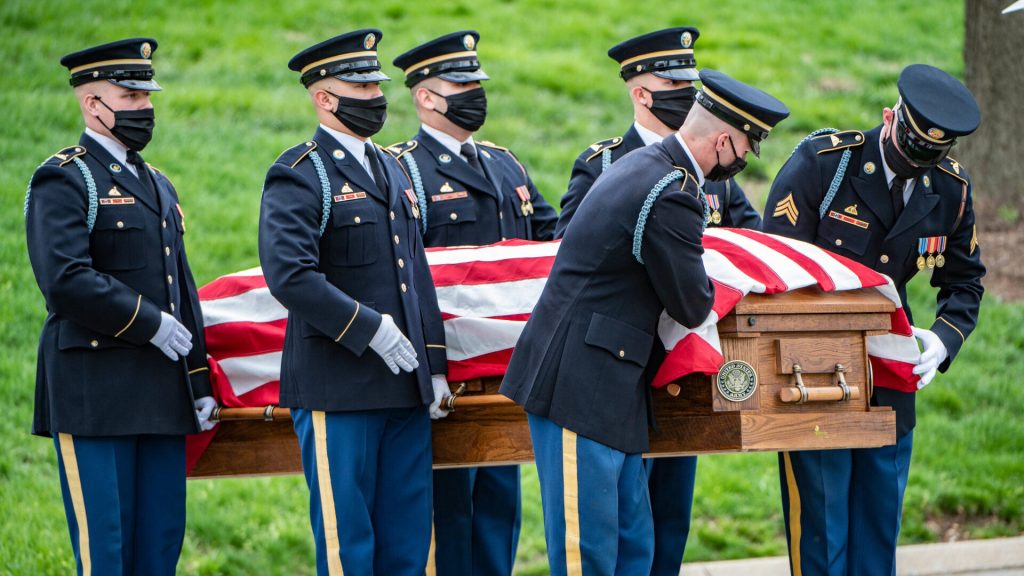
By keeping the spotlight on the sacrifices of the fallen soldiers from the Abbey Gate attack and other conflicts, Milley reminded the nation of the human cost of war and the importance of supporting the families left behind. This message serves as a powerful call to action for all Americans to come together in support of those who have served and sacrificed for their country.
The Strength of American Democracy
The ability of a retired military leader to speak out against the comments of a former president without fear of retribution is a testament to the strength and resilience of American democracy. Milley’s response to Trump’s execution threats demonstrates that, even in the face of political pressure and personal attacks, the principles of free speech and the rule of law remain intact.
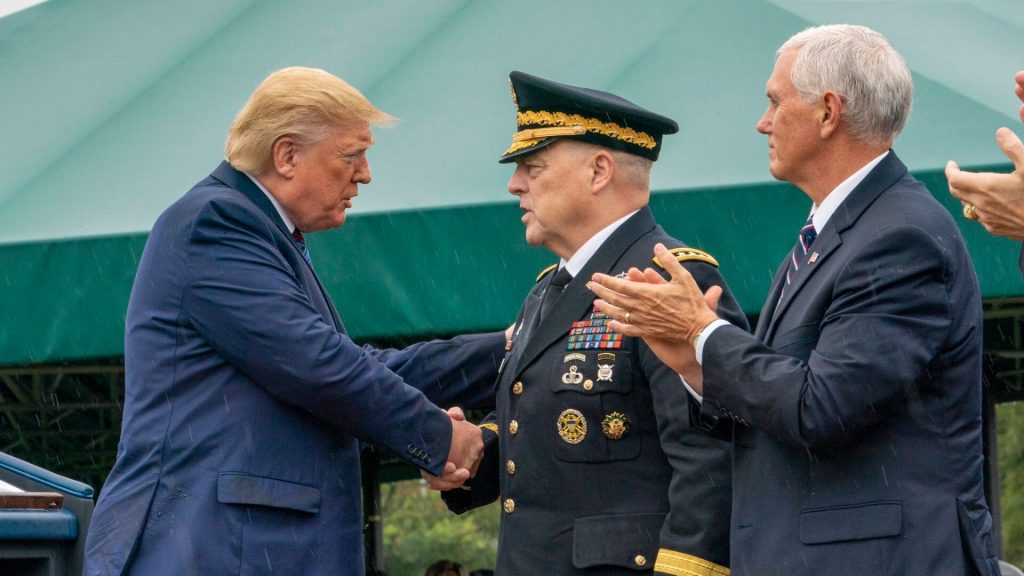
The fact that Milley could express his disagreement with the former president’s comments while still acknowledging his right to make them highlights the importance of protecting the freedom of expression, even when the views expressed are controversial or offensive. This commitment to democratic principles serves as a reminder of the enduring strength of the American system of government.
The Road Ahead: Healing and Reconciliation
As the nation moves forward from the tumultuous events of recent years, the exchange between Milley and Trump serves as a call for healing and reconciliation. By focusing on the values that unite Americans and the sacrifices of those who have served, leaders can work to bridge the divides that have fractured the country.

The road ahead will require a renewed commitment to civil discourse, respect for democratic institutions, and a willingness to put the needs of the nation above partisan interests. By following the example set by General Mark Milley in his response to Trump’s comments and his dedication to honoring the fallen, Americans can work together to build a stronger, more united country.
A Legacy of Honor and Service
General Mark Milley’s response to former President Trump’s execution comments and his powerful retirement speech will be remembered as defining moments in a distinguished military career characterized by honor, integrity, and a steadfast commitment to the Constitution. Milley’s ability to navigate complex civil-military relations and maintain the military’s apolitical stance in the face of political pressure serves as an example for future leaders to follow.
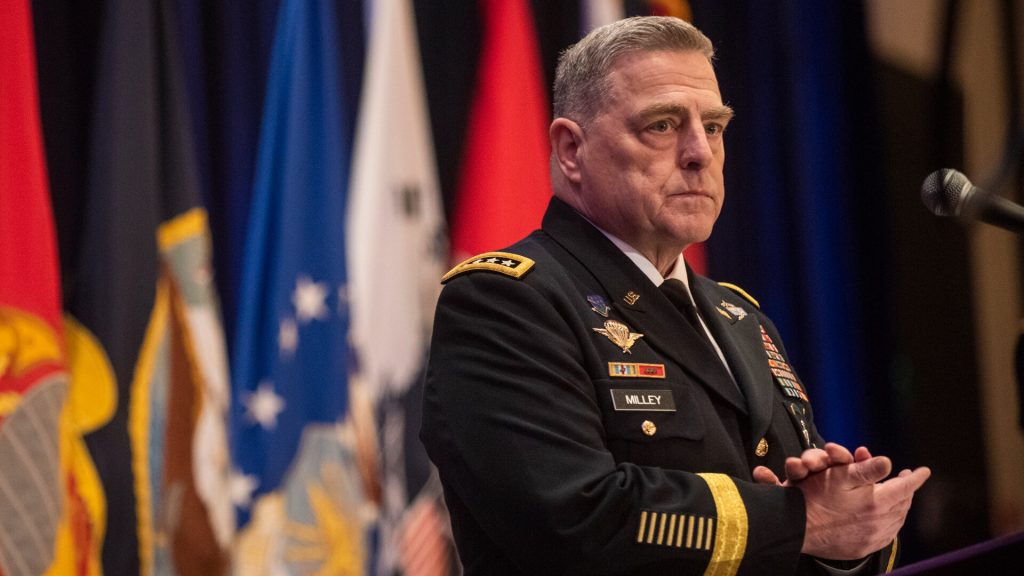
As the nation reflects on the lessons learned from this exchange and the challenges faced in recent years, Milley’s legacy will serve as a reminder of the importance of upholding democratic principles, honoring the sacrifices of those who serve, and working together to heal the divisions that have torn at the fabric of American society. By embracing these values and following the example set by leaders like General Mark Milley, the United States can emerge stronger, more united, and better prepared to face the challenges of the future.

